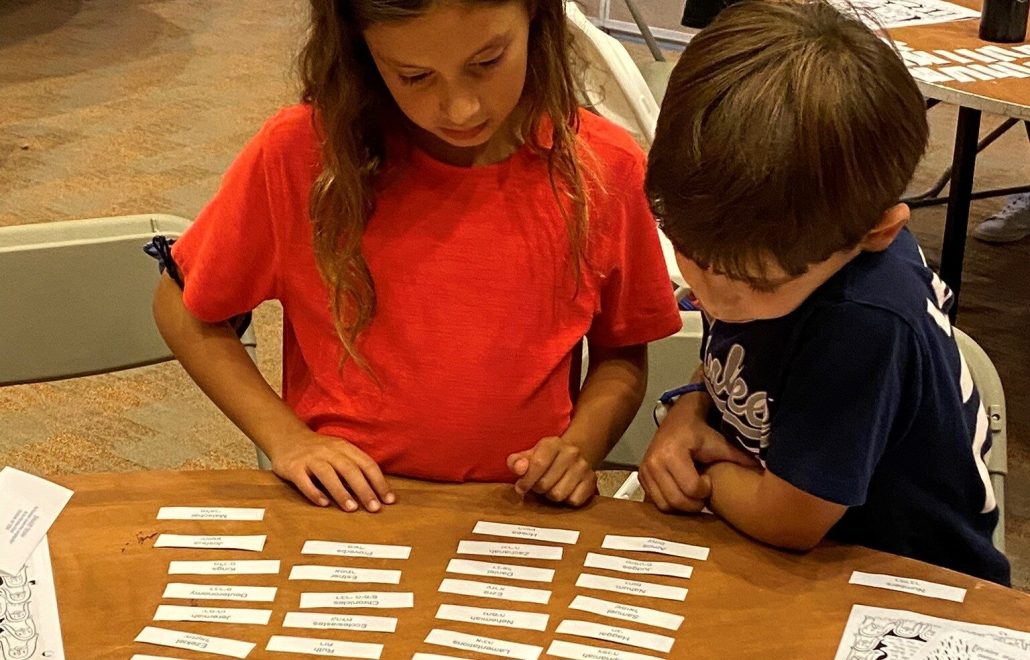Are We Doing It “Right”?
June 20, 2023
By:
Rachel Mann, Education Director at Shaarei Tikvah in Scarsdale, NY

During a chevrutah study at a virtual MTEI learning session, a colleague posed, “If we aren’t changed by Torah are we doing it ‘right’?” This was an “ah-ha” moment for me, because I assumed we are somehow changed by Torah each time we study it, but until then I hadn’t considered what that idea really means.
For me, the MTEI principle of “Jewish learning at the core” came alive in this moment. The learning we engaged in during this session reminded us that this work we do as educators matters, but in this particular case, Torah was at the center and if we allow it, we can be changed by the experience.
While I was learning with students in a Beit Midrash style class earlier this year, our Kitah Gimmel and Dalet students explored the laws presented in our parashat hashavua, Mishpatim. Though there are many, the law that our students focused on was one that prohibits us from lying (Shemot 23:7). Seems simple, right? Well actually, our rabbis teach that there are some examples when being a little less than honest is okay. For example, to avoid bragging (Shulhan Arukh Hoshen Mishpat 262:21), to make peace (Hafetz Hayyim Rekhilut 1:8), or to make someone feel better (Ketubot 17a). As you might imagine, our students had a lot to say about these exceptions! One student shared, “I totally agree that it’s okay to lie if it makes someone feel better, you don’t want to hurt their feelings!” Her chevrutah countered, “but if my friend’s hair looks silly, I’m not just going to lie so that she feels better – she doesn’t want to look silly the whole day!” And so they went back and forth, articulately and respectfully, for some time, about the right way to handle this situation. Ultimately, they agreed that both were acceptable approaches, and that it depends on how the individual might receive this information.
As I stepped away from this moment, I felt it – the Torah had changed me by being part of our students’ learning and, I believe our students were changed by it as well. It doesn’t always need to be a profound, “stop in your tracks” kind of moment (though it also can be!). Sometimes, it’s in the smaller moments when we’re being honest with ourselves, with the Torah as our guide.
Reflecting on my participation in MTEI, I feel there were two incredible elements that continually support me and my journey: the opportunity to develop meaningful relationships with colleagues who are interested in solving for struggles we may be experiencing and celebrating the joys. And the opportunity to continue my own learning and model for my students, like in chevrutah study, so that I can be a better educator for my students, to be able to observe and respond to their educational needs meaningfully and purposefully.
May we all have an opportunity to be changed by Torah, however that may look for each of us.